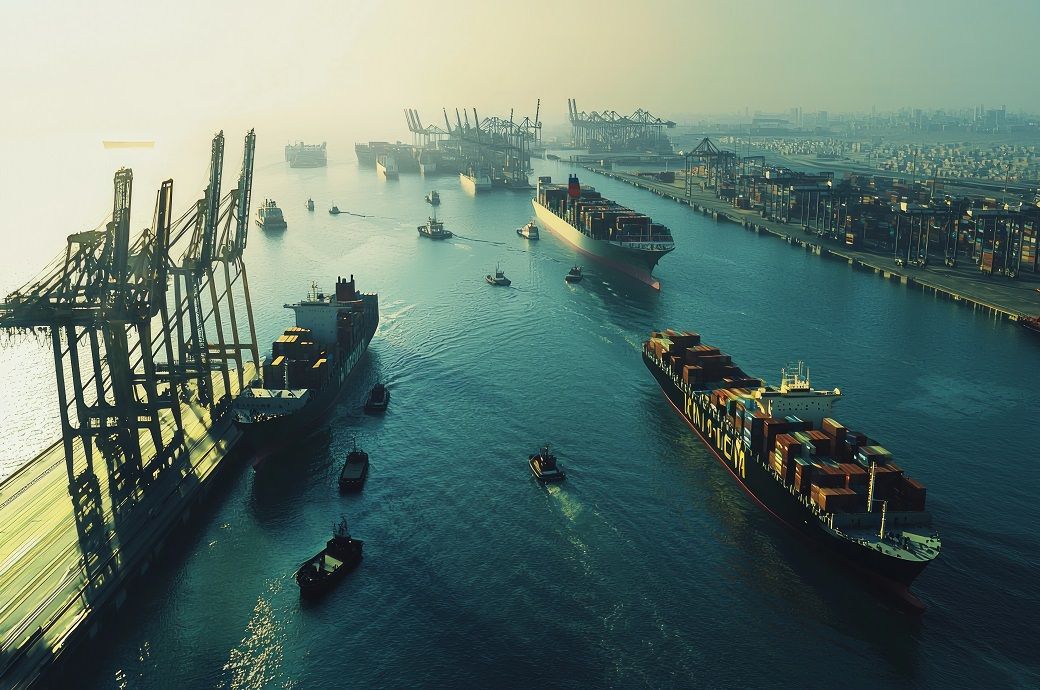
An examination of vessels of 100 gross tonnes (GT) and above by flag registry revealed Liberia leads with 5,215 ships and 408.4 million deadweight tons (DWT), followed by Panama at 8,338 ships and 379.8 million DWT, and the Marshall Islands with 4,273 ships and 308.5 million DWT.
These three nations together represented 46.5 per cent of global shipping capacity in 2023.
Among ship-owning nations, Greece holds the largest share at 16.9 per cent (including national and foreign flags), ahead of China at 13.3 per cent and Japan at 10.4 per cent.
In the container sector, Mediterranean Shipping Company (MSC) ranked first as of February 2025, operating 886 vessels with a total capacity of 6.4 million twenty-foot equivalent units (TEU).
Maersk ranked second, with 735 ships and 4.5 million TEU, then CMA CGM at 663 ships and 3.9 million TEU, COSCO with 515 ships and 3.3 million TEU, and Hapag-Lloyd rounding out the top five at 300 ships and 2.4 million TEU.
Prepared with input from universities and member ports, the report highlights how sea transport continues to expand amid global economic growth. It noted a shift in trade patterns, with rising container use reducing bulk shipments, boosting the share of container and specialized vessels over general cargo ships.
Global seaborne trade rose by 2.3 per cent in 2024 to 12.63 billion tonnes from 12.35 billion tonnes in 2023.
Dry bulk led the volumes at over 5.7 billion tonnes, trailed by crude oil and products at 3 billion tonnes, containers at 1.9 billion tonnes, other cargo at 1.4 billion tonnes, and gas at 570 million tonnes.
Container shipping posted the highest capacity increase between 2023 and 2024, while crude oil and products saw the only decline.
The global fleet grew by 3.4 per cent at the beginning of 2024, reaching 2.4 billion DWT from 2.3 billion DWT.
Container ship capacity surged 7.7 per cent to 329.5 million DWT from 305.8 million, while liquefied gas carriers rose 6.4 per cent. Dry bulk vessels, making up 42.7 per cent of total capacity, increased 3.1 per cent to 1 billion DWT from 974.5 million.
ALCHEMPro News Desk (DS)
Receive daily prices and market insights straight to your inbox. Subscribe to AlchemPro Weekly!